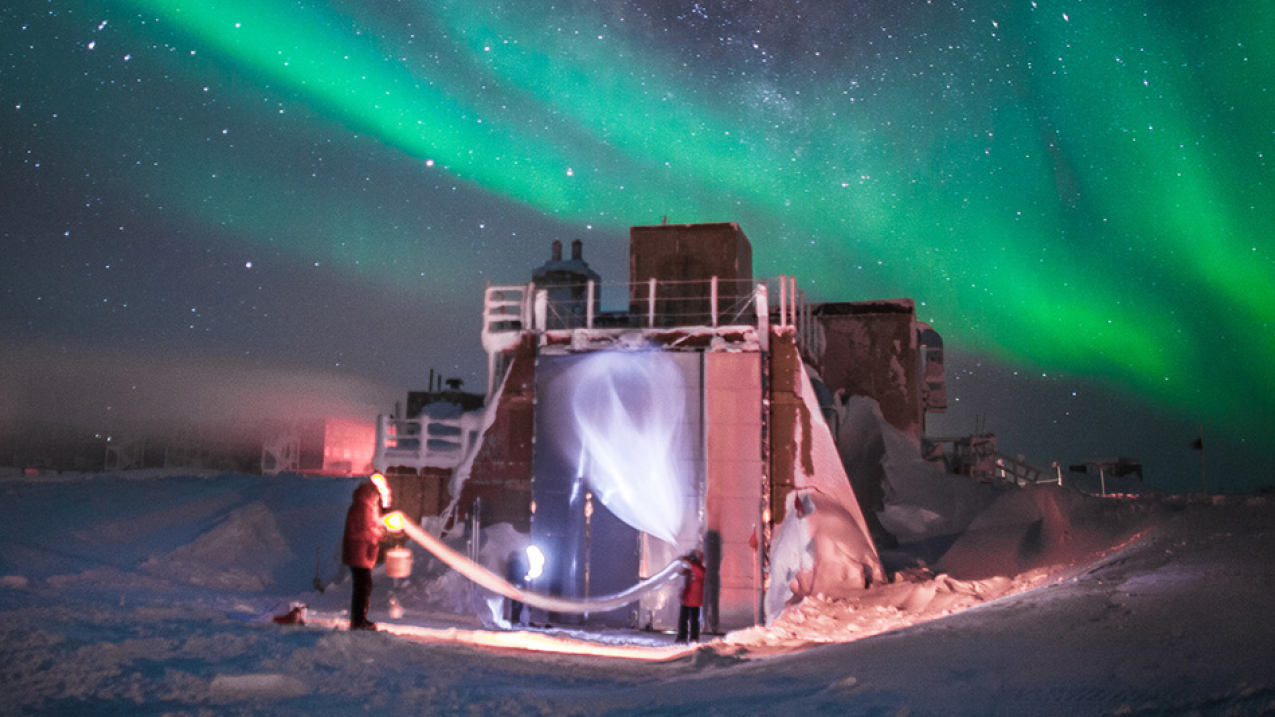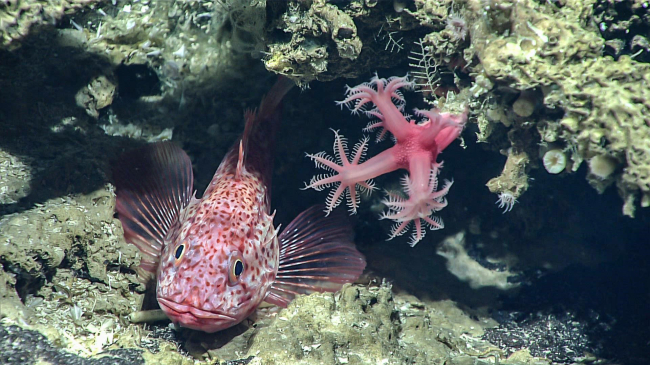
A NOAA researcher prepares to release an ozone sonde at the South Pole in this 2008 photo. (Image credit: Courtesy of Patrick Cullis )
The Montreal Protocol, the international treaty adopted to restore Earth’s protective ozone layer, has significantly reduced emissions of ozone-depleting chemicals from the United States. A new study by NOAA and CIRES offsite link scientists shows the 30-year old treaty has also significantly reduced climate-altering greenhouse gas emissions from the U.S.
That’s because the ozone-depleting substances controlled by the treaty are also potent greenhouse gases, with heat-trapping abilities up to 10,000 times greater than carbon dioxide over 100 years.
The new research, the first to quantify the impact of the Montreal Protocol offsite link on U.S. greenhouse gas emissions with atmospheric observations, shows that reducing the use of ozone-depleting substances from 2008 to 2014 eliminated the equivalent of 170 million tons of carbon dioxide (CO2) emissions each year. That’s roughly 50 percent of the reductions achieved by the U.S. for CO2 and other greenhouse gases over the same period. The study was published today in Geophysical Research Letters offsite link.

“We were surprised by the size of the decline, especially compared with other greenhouse gases,” said lead author Lei Hu, a CIRES scientist working at NOAA.
Previous studies offsite link demonstrated that the Montreal Protocol has been more effective at curtailing global greenhouse gas emissions than any other international initiative.
"This shows what can be achieved by concerted and thoughtful international effort," co-author Scott Lehman of the Institute of Arctic and Alpine Research offsite link at the University of Colorado Boulder. "Hopefully, the Protocol can serve as a model of the international cooperation that we need to tackle the real problem – carbon dioxide.”
Media contact:
Theo Stein, 303-497-6288




